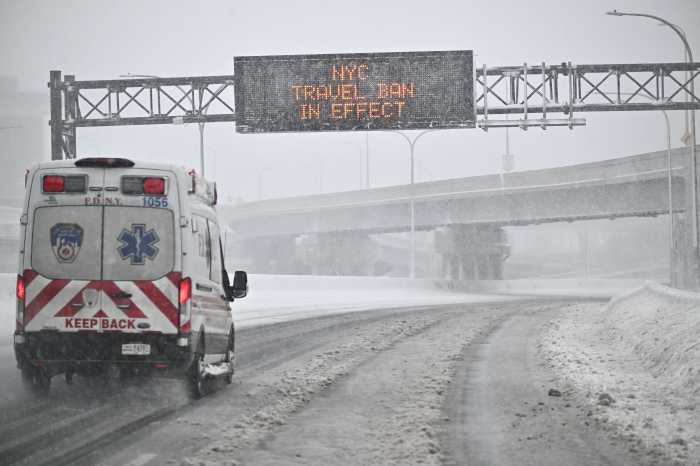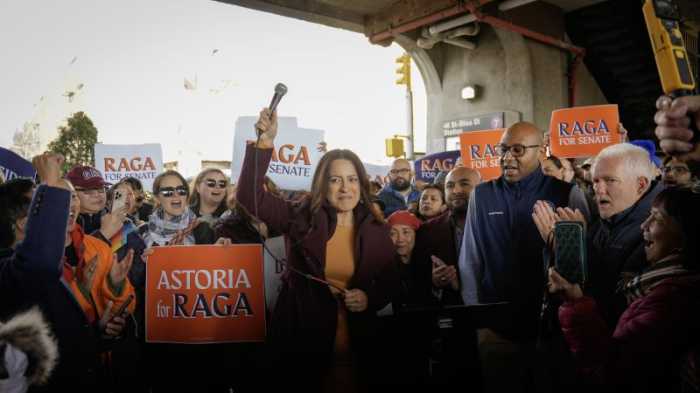By Madina Toure
The U.S. Senate passed a long-term Federal Aviation Administration bill Tuesday that may require the Port Authority and the FAA to re-examine LaGuardia Airport’s flight paths and the NextGen satellite navigation system.
The bill, which the Senate passed by a vote of 95-3, requires the FAA to review certain decisions to exclude an environmental impact study for Next Generation flight procedures and to get advice from the airports where the procedures will be implemented.
The bill, which now goes to the House of Representatives for debate, reauthorizes FAA programs through the end of fiscal year 2017.
U.S. Rep. Joe Crowley (D-Jackson Heights), a member of the Queens Quiet Skies Caucus, said the House needs to act now that the Senate has passed the bill.
“Ultimately, we need a bill that gives the FAA a firmer ground on which to stand and that protects the flying public as well as addresses the burdensome, excessive aircraft noise pollution that is plaguing our communities,” Crowley said.
An FAA spokesman said the agency does not comment on proposed legislation.
U.S. Rep. Grace Meng (D-Flushing), another member of the Queens Quiet Skies Caucus, said she has repeatedly called on the FAA to combat aircraft noise over Queens and to further involve the community in the process, saying residents need relief.
“I will continue to support and advocate for legislation that accomplishes these goals, and I look forward to reviewing this particular provision when it comes before the House,” Meng said.
The bill includes an amendment introduced by Arizona Republican Sens. Jeff Flake and John McCain requiring the FAA to establish an airspace management advisory committee to review and report to Congress on the agency’s process for developing proposals that affect airspace changes.
The committee would examine how the FAA coordinates both internally within the agency and externally with stakeholders on the proposals.
City Councilman Peter Koo (D-Flushing) said the bill is “a step in the right direction” in that it at least seems to require the FAA to consider the impact of low-flying airplanes over downtown Flushing, but it will not stop it.
“It remains to be seen whether this (advisory) committee, which notably lacks community representation in favor of airline, airport and aviation officials, will actually take our best interests into consideration,” Koo said.
Susan Carroll, a Flushing community advocate, said she is disappointed that the bill has no provision for lowering the noise metric from a day-night average sound level of 65 decibels—established by the FAA in 1981 as the level at which federal funding could be provided for noise mitigation strategies—to 55 DNL, the standard most countries use.
But she praised McCain and Flake for getting their amendment into the bill, saying that New York’s two Democratic senators, Kirsten Gillibrand and Charles Schumer, have not done enough work to advocate against airplane noise.
She said she hopes the bill will at least lead to an evaluation of the TNNIS Climb, a departure path that stretches over northeast Queens, and NextGen.
Carroll also expressed concerns that without a reduction in the noise metric, the FAA could review the flight paths again and say that there is not a significant effect.
“I would hope that there is political pressure put on the Port Authority to request that review, “ Carroll said. “That’s the very least that can be done at this point.”
Reach reporter Madina Toure by e-mail at mtour


































